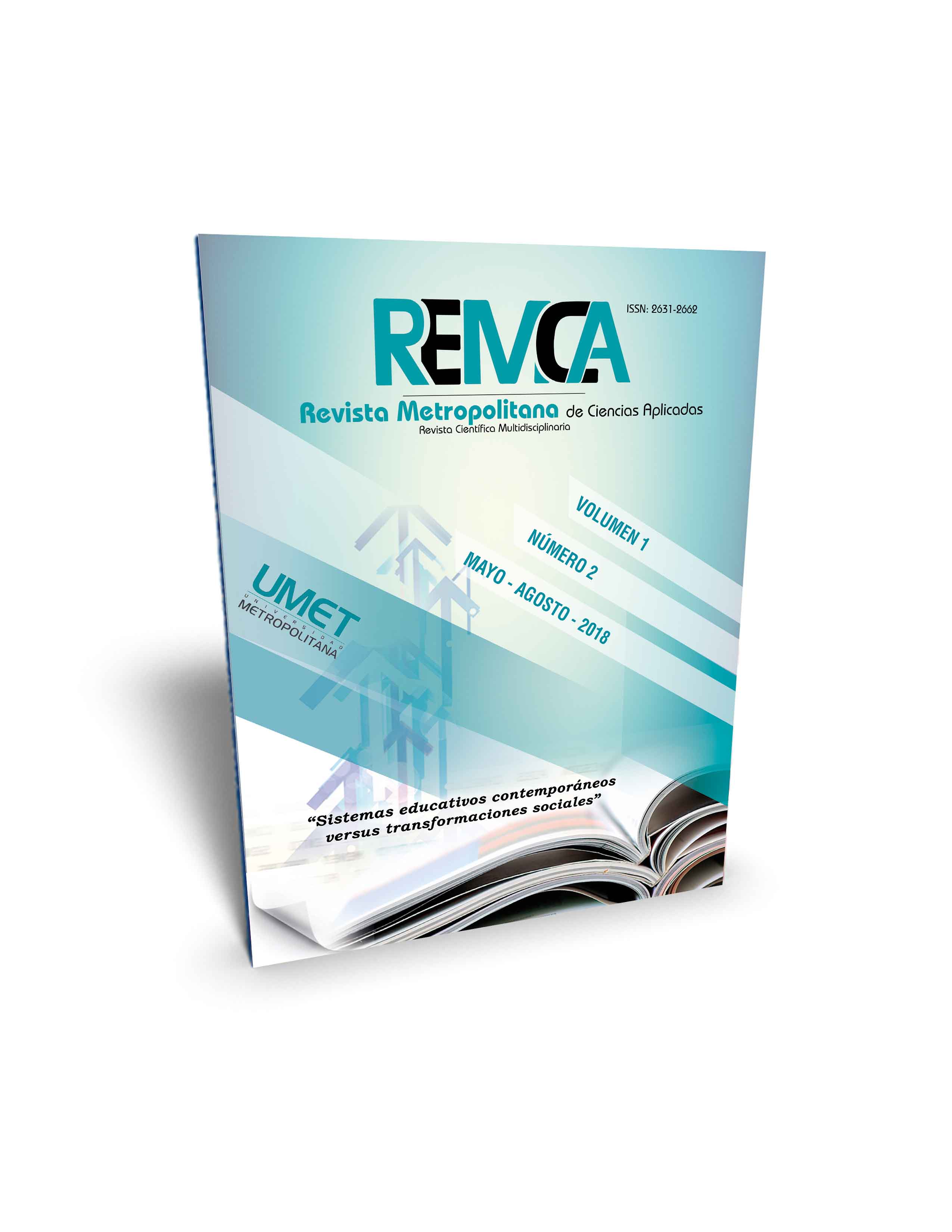The local social and economic development, a necessary alternative for the Ecuador´s future
DOI:
https://doi.org/10.62452/p831g393Keywords:
Development, socioeconomic, local, causes, barriers, alternativeAbstract
Have been made many contributions to the issue of local socioeconomic development, but the obvious differences between the different regions in each country persist. Ecuador is not exempt from this reality where one of its main characteristics is the monopolistic concentration of the development, and consequently the internal migration from the countryside to the major cities. This research seeks to conduct a critical study on the main causes that have caused the abysmal divergence between the different provinces of Ecuador, along with these, are also synthesized the main barriers that are present when facing their projections. Finally, a group of actions that could help the territorial authorities was proposed when considering the challenge of achieving the integral development of their territories. The final objective is to consider local development as the main alternative in the present and future of the country, both as part of government policies and the aspirations of companies and citizens.
Downloads
References
Albuquerque, F. (2004). Desarrollo económico local y descentralización. Revista de la CEPAL, 82 (4), 157-171. Recuperado de https://repositorio.cepal.org/bitstream/handle/11362/10946/082157171_es.pdf?sequence
Arocena, J. (2002). El desarrollo local: un desafío contemporáneo. Montevideo: Taurus.
Banco Central del Ecuador. (2015). Estadísticas Macroeconómicas. Presentación coyuntural. Recuperado de https://www.bce.fin.ec/index.php/estadísticas-económicas
Banco Central del Ecuador. (2017). Estadísticas Macroeconómicas. Presentación coyuntural. Recuperado de https://contenido.bce.fin.ec/documentos/Estadísticas/SectorReal/Previsiones/IndCoyuntura/EstMacro102017.pdf
Banco Mundial. (2014). Desarrollo social. Recuperado de https://www.bancomundial.org/es/topic/socialdevelopment/overview
Banco Mundial. (2018). América Latina y el Caribe: panorama general. Recuperado de http://www.bancomundial.org/es/region/lac/overview
Boisier, S. (1982). Política económica, organización social y desarrollo regional. Cuadernos del ILPES, 29 (5), 146. Recuperado de https://repositorio.cepal.org/bitstream/handle/11362/7494/S8200030_es.pdf
Comisión Económica para América Latina y el Caribe (2016). Planificación para el desarrollo en América Latina y el Caribe. Enfoques, experiencias y perspectivas. Recuperado de https://repositorio.cepal.org/bitstream/handle/11362/42139/7/S1700693_es.pdf
Comisión Económica para América Latina y el Caribe. (2017). Anuario estadístico de América Latina y el Caribe. Recuperado de https://www.cepal.org/es/publicaciones/43239-anuario-estadistico-america-latina-caribe-2017-statistical-yearbook-latin
Ecuador. Secretaría Nacional de Planificación y Desarrollo.(2013). Atlas de las desigualdades socioeconómicas del Ecuador. Recuperado de http://documentos.senplades.gob.ec/Atlas de las Desigualdades.pdf
Garofoli, G. (1992). Modelos locales de desarrollo. Revista de estudios territoriales, (22), 15-42.
Léon Segura, C. M., & Peñate López, O. (2011). Territorio y desarrollo local. Revista Economía y Desarrollo, 146 (1-2), 5-18. Recuperado de http://www.redalyc.org/pdf/4255/425541315001.pdf
Organización de las Naciones Unidas para la Agricultura y la Alimentación. (2015). El estado de los mercados de productos básicos agrícolas. Recuperado de http://www.fao.org/3/a-i5090s.pdf
Organización de las Naciones Unidas. (2008). El desarrollo: cooperación internacional en la solución de problemas. Recuperado de http://www.un.org/es/sections/what-we-do/promote-sustainable-development/
Sen, A. (1980). Equality of what? The Tanner lecture on human values (1), 102-247. Recuperado de http://www.ophi.org.uk/wp-content/uploads/Sen-1979_Equality-of-What.pdf
Uquillas, C. A. (2007). El fracaso del neoliberalismo en el Ecuador y alternativas frente a la crisis. Quito: Universidad Central del Ecuador.
Vázquez Barquero, A. (1988). Desarrollo Local: una estrategia de creación de empleos. Madrid: Editorial Pirámide.
Vázquez Barquero, A. (2000). Desarrollo económico local y descentralización: aproximación a un marco conceptual. Santiago de Chile: CEPAL/GTZ.
Downloads
Published
Issue
Section
License
Copyright (c) 2018 Reiner Díaz Monzón, Odalys Bárbara Burgo Bencomo, Gabriela Alexandra Aguirre León (Autor/a)

This work is licensed under a Creative Commons Attribution-NonCommercial-ShareAlike 4.0 International License.
Authors who publish in Revista Metropolitana de Ciencias Aplicadas (REMCA), agree to the following terms:
1. Copyright
Authors retain unrestricted copyright to their work. Authors grant the journal the right of first publication. To this end, they assign the journal non-exclusive exploitation rights (reproduction, distribution, public communication, and transformation). Authors may enter into additional agreements for the non-exclusive distribution of the version of the work published in the journal, provided that acknowledgment of its initial publication in this journal is given.
© The authors.
2. License
The articles are published in the journal under the Creative Commons Attribution-NonCommercial-ShareAlike 4.0 International License (CC BY-NC-SA 4.0). The terms can be found at: https://creativecommons.org/licenses/by-nc-sa/4.0/deed.en
This license allows:
- Sharing: Copying and redistributing the material in any medium or format.
- Adapting: Remixing, transforming, and building upon the material.
Under the following terms:
- Attribution: You must give appropriate credit, provide a link to the license, and indicate if any changes were made. You may do this in any reasonable manner, but not in any way that suggests the licensor endorses or sponsors your use.
- NonCommercial: You may not use the material for commercial purposes.
- ShareAlike: If you remix, transform, or build upon the material, you must distribute your creation under the same license as the original work.
There are no additional restrictions. You may not apply legal terms or technological measures that legally restrict others from doing anything the license permits.




